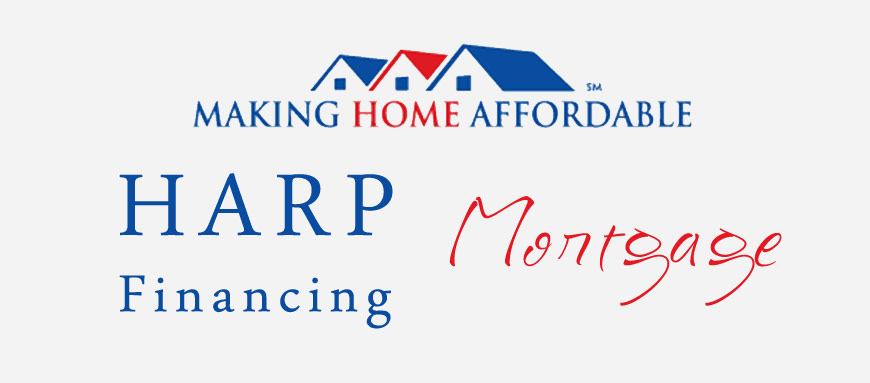How Do Reverse Mortgages Work In Canada - The Facts
Therapy firms usually charge a fee for their services, often around $125. This fee can be paid from the loan profits, and you can not be turned away if you can't pay for the fee. With a HECM, there typically is no particular income requirement. However, lenders should conduct a financial assessment when deciding whether to authorize and close your loan.
Based upon the results, the lending institution could need funds to be reserved from the loan continues to pay things like home taxes, house owner's insurance coverage, and flood insurance coverage (if appropriate). If this is not required, you still could concur that your loan provider will pay these items. If you have a "set-aside" or you accept have the loan provider make these payments, those amounts will be subtracted from the amount you get in loan earnings.

The HECM lets you choose among numerous payment alternatives: a single disbursement option this is only offered with a set rate loan, and typically uses less money than other HECM options. a "term" alternative fixed monthly cash advances for a specific time. a "period" alternative repaired month-to-month westlake financial lienholder address cash loan for as long as you reside in your home.
This choice limits the amount of interest imposed on your loan, due to the fact that you owe interest on the credit that you are utilizing. a combination of month-to-month payments and a credit line. You might be able to alter your payment choice for a little charge. HECMs usually provide you bigger loan advances at a lower total expense than exclusive loans do.
Not known Facts About How Do Mortgages Loans Work
Taxes and insurance still must be paid on the loan, and your home should be maintained. With HECMs, there is a limit on just how much you can take out the first year. Your loan provider will calculate just how much you can obtain, based upon your age, the rates of interest, the value of your home, and your financial evaluation.
There are exceptions, though. If you're considering a reverse mortgage, store around. Choose which kind of reverse home mortgage might be best for you. That might depend upon what you want to finish with the money. Compare the options, terms, and fees from various lending institutions. Discover as much as you can about reverse home mortgages before you talk to a therapist or loan provider.
Here are some things to think about: If so, find out if you receive any inexpensive single function loans in your location. Staff at your city Company on Aging may learn about the programs in your location. Discover the closest firm on aging at eldercare.gov, or call 1-800-677-1116. Ask about "loan or grant programs for house repair work or improvements," or "property tax deferment" or "home tax post ponement" programs, and how to apply.
But the more you obtain, the greater the charges you'll pay. You also might consider a HECM loan. A HECM counselor or a loan provider can help you compare these types of loans side by side, to see what you'll get and what it costs. This bears repeating: store around and compare the expenses of the loans readily available to you.
Everything about How Does Bank Loan For Mortgages Work
Ask a counselor or loan provider to explain the Overall Annual Loan Cost (TALC) rates: they reveal the predicted yearly typical cost of a reverse mortgage, consisting of all the itemized expenses (how home mortgages work). And, no matter what kind of reverse mortgage you're considering, understand all the reasons that your loan may need to be paid back prior to you were intending on it.
A counselor from an independent government-approved housing therapy firm can help. However a salesperson isn't most likely to be the very best guide for what works for you. This is especially real if she or he imitates a reverse mortgage is an option for all your issues, presses you to get a loan, or has concepts on how you can invest the cash from a reverse home mortgage.
If you decide you require home improvements, and you believe a reverse home mortgage is the way to pay for them, search before choosing on a particular seller. Your home improvement expenses consist of not only the rate of the work being done however also the costs and costs you'll pay to get the reverse home mortgage.
Withstand that pressure. If you purchase those sort of financial items, you might lose the cash you obtain from your reverse home mortgage. You don't have to purchase any financial products, services or investment to get a reverse mortgage. In fact, in some scenarios, it's illegal to require you to purchase other items to get a reverse home mortgage.
Everything about How Do Construction Mortgages Work
Stop and talk to a counselor or somebody you rely on prior to you sign anything. A reverse home mortgage can be complicated, and isn't something to rush into. The bottom line: If you don't comprehend the expense or features of a reverse home loan, stroll away. If you feel pressure or urgency to complete the offer walk away.

With the majority of reverse mortgages, you have at least three business read more days after closing to cancel the deal for any reason, without penalty. This is called your right of "rescission." To cancel, you should alert the lending institution in writing. Send your letter by certified mail, and ask for a return invoice.
Keep copies of your correspondence and any enclosures. After you cancel, the lender has 20 days to return any money you have actually paid for follow this link the financing. If you think a scam, or that someone involved in the deal might be breaking the law, let the therapist, lender, or loan servicer know.
Whether a reverse home mortgage is right for you is a huge question. Think about all your alternatives. You may qualify for less pricey options. The following companies have more info: 1-800-CALL-FHA (1-800-225-5342) 1-855- 411-CFPB (1-855-411-2372) 1-800-209-8085.
Getting The What Are Reverse Mortgages And How Do They Work To Work
Basically, a home loan is the loan you secure to spend for a home or other piece of realty. Given the high expenses of purchasing property, almost every home purchaser requires long-lasting financing in order to purchase a home. Usually, home mortgages come with a fixed rate and make money off over 15 or 30 years.
Home loans are property loans that include a specified schedule of repayment, with the acquired property acting as collateral. For the most part, the debtor should put down in between 3% and 20% of the overall purchase rate for the house. The remainder is offered as a loan with a fixed or variable rate of interest, depending on the kind of mortgage.
The size of the down payment may likewise impact the amount needed in closing charges and regular monthly home mortgage insurance payments. In a procedure called amortization, the majority of home loan payments are divided between settling interest and decreasing the primary balance. The portion of principal versus interest being paid each month is computed so that primary reaches absolutely no after the last payment.
A couple of mortgages allow interest-only payments or payments that do not even cover the full interest. However, individuals who prepare to own their homes must decide for an amortized mortgage. When you purchase a home, understanding the typical kinds of mortgages and how they work is simply as crucial as discovering the ideal home.
